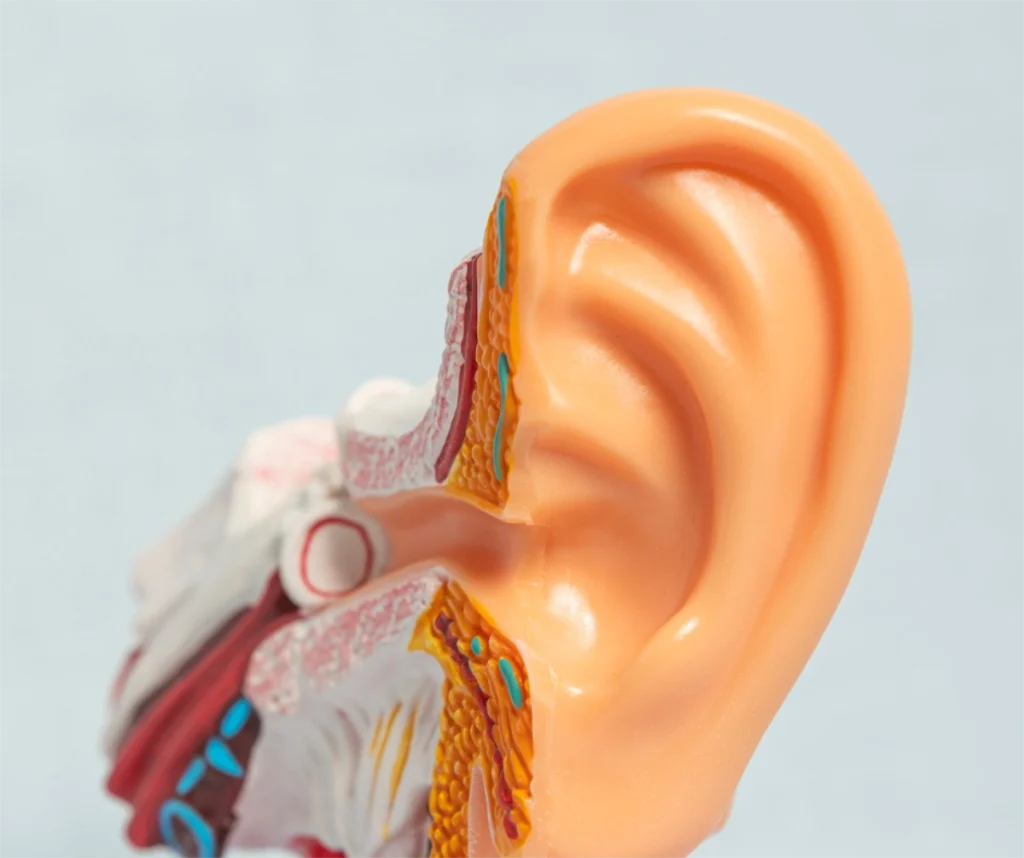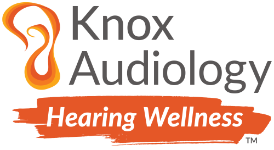How Your Ears Affect Balance and the Role of the Vestibular System

Have you ever felt dizzy when you stood up quickly or lost your footing for no clear reason?
While balance can be influenced by many parts of the body, one of the most important and often overlooked is the inner ear. At Knox Audiology, we see clients every week who are surprised to learn that their hearing and their sense of balance are closely connected. This blog will explain the link between the auditory and vestibular systems, how the inner ear helps you stay upright, and what can happen when things go wrong.
The Inner Ear Does More Than Hearing
When most people think of the ear, they picture the parts that help us hear. But deep inside the skull is the vestibular system, a complex network of tiny fluid-filled canals and sensory cells that detect movement and position. These structures work alongside the auditory system to send vital information to the brain.
If your auditory system processes sound, your vestibular system acts like your internal GPS. It tells you where your head is in space, whether you are moving, tilting, or standing still. This information allows your body to make quick adjustments to keep you balanced without you even thinking about it.
How the Vestibular System Works
The vestibular system sits in the inner ear and includes:
- Semicircular canals – three looped tubes filled with fluid that sense rotational movement, such as turning your head.
- Otolith organs – small sacs that detect gravity and straight-line movements such as moving forward or up and down.
- Vestibular nerve – carries balance information to the brain, working alongside the auditory nerve that carries sound signals.
When these systems are healthy, your brain receives clear and accurate messages about your position and movement. But when there is a problem such as infection, injury, or age-related changes, these signals can become distorted.
When the Inner Ear Causes Balance Problems
Inner ear disorders can lead to symptoms such as:
- Dizziness or light headedness
- Vertigo which is a spinning sensation
- Unsteadiness when walking
- Nausea or motion sickness
- Difficulty focusing when moving your head
These symptoms may come on suddenly, last for seconds or hours, and sometimes worsen with specific head movements. Common vestibular disorders include benign paroxysmal positional vertigo (BPPV), Ménière’s disease, vestibular neuritis, and balance problems related to age-related hearing loss.
Why Hearing and Balance Are Connected
Because the vestibular and auditory systems share the same inner ear space, a condition affecting one can often affect the other. For example:
- Ear infections or inflammation can damage both hearing and balance organs.
- Ménière’s disease can cause hearing loss, tinnitus, and severe vertigo.
- Age-related changes in the ear can impact sound processing and stability.
This is why dizziness or imbalance should never be ignored, especially if it comes with hearing changes, ringing in the ears, or a feeling of pressure.
The Importance of Early Diagnosis
Balance disorders can increase your risk of falls, reduce confidence in daily activities, and impact your quality of life. Early diagnosis means early treatment, whether that is vestibular rehabilitation therapy, hearing devices, medication, or referral to an ear, nose and throat (ENT) specialist.
An audiologist can assess both your hearing and vestibular function through specialised tests. At Knox Audiology, we tailor each assessment to your symptoms so we can pinpoint the cause and recommend the right treatment plan.
When to See an Audiologist or ENT
Book an appointment if you experience:
- Repeated episodes of dizziness or vertigo
- Hearing loss or changes in one or both ears
- A feeling of fullness or pressure in the ear
- Unsteadiness that affects daily activities
- Sudden onset of balance problems
Take the First Step Toward Better Balance
Your ears do more than let you hear. They help you navigate the world safely and confidently. If you have been struggling with dizziness, vertigo, or unexplained unsteadiness, do not wait for it to pass. The cause may be simple to treat once identified.
Our university-trained audiologists at Knox Audiology can assess your hearing and balance, together helping you get back on your feet literally.
